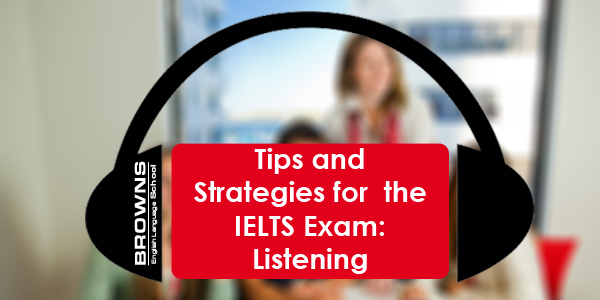This posts provides some strategies and tips for the IELTS Exam, specifically for the Listening part.
1- Before the exam
- Listen to the radio. Radio is much better than television because you are not helped by images to guess or understand the news. You rely solely on your listening skills. The best radio programmes you can find are the ones from BBC on the Internet (UK channels: BBC Radio 4 and 5). All speakers articulate well and use formal language or academic register. You should listen to the radio every day. Depending on your level, you might spend more or less time. For Intermediate to Upper Intermediate, twenty minutes is quite reasonable; for Advanced, select only the hardest programmes and listen for ten minutes.
- If you cannot stand radio, try television, but do another activity at the same time, like cooking. This will prevent you from watching images.
- If you want to listen to more specific topics to improve your vocabulary in different fields, you could try TED.com.
- For test practice, there are free tests available on the Internet:
Train yourself to write numbers and words quickly. You only get to hear them once during the test.
- For numbers:
Buy a newspaper and go to the financial section. There are plenty of numbers to help you improve your ability to understand and write them down. You can work with a partner who can read those numbers out loud at different speeds while you write them down. You can also work by yourself if you have nobody to help you. Using your smartphone or any other recording device, record the numbers. Repeat this process at different speeds. Then, listen to your voice and write the numbers down. Once finished, check your answers and analyse your mistakes. Do not spend more than ten minutes a day on this exercise to avoid boredom. - For words:
Use the same process as you did for numbers, but this time choose any article from the newspaper. Read the selected article and highlight the words you are going to spell out loud. If you have a partner, ask them to spell the selected words for you. If you are alone, record them for yourself.
2- During the exam
- Be careful with your spelling and avoid repeating words already written on your answer sheet (adjectives, adverbs, prepositions, articles).
- Read instructions carefully. If you are asked to write one to three words, do not add extra words. Be aware that instructions change from time to time. Sometimes you might have “one word” or “three words and/or a number” or “two words” etc.
- Remember that answers follow the chronological order of your listening. So, check key words when you read the questions and listen for these key words or synonyms in each stage of the recording. Before each listening you are allowed time to read the questions – use it wisely.
- Be sure to listen closely for numbers (telephone number, address, room number, credit card number), names (surname, first name, place) and directions on a map.
